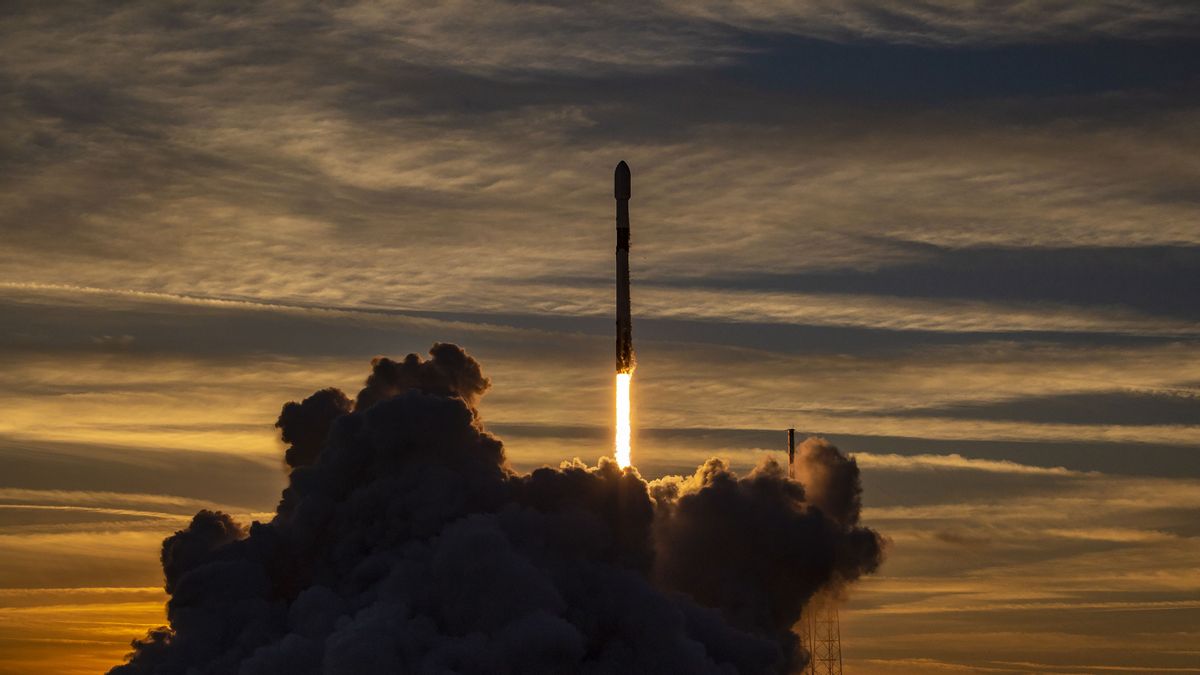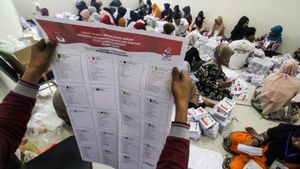JAKARTA - China's military-industrial complex is preparing to begin the construction of its first low-Earth orbit (LEO) satellite constellation this year, as China's latest attempt to pursue US-based Starlink.
Starlink, operated by billionaire Elon Musk's Space X company, has built a satellite network of more than 3,500 satellites in low-Earth orbit. It currently has tens of thousands of users in the United States and plans to add tens of thousands of more satellites into its system, making it the world's largest system.
LEO satellites have additional advantages because they are cheaper and provide more efficient transmissions than satellites in higher orbit.
State company China Aerospace Science and Industry Corp (CASIC) will launch its first LEO satellite from a constellation planned for September, as reported by the government-backed newspaper, the Global Times on Thursday, March 2, although it did not say how many satellites would be flown in as a whole.
Although usually LEO refers to an altitude of fewer than 1000 km (620 miles), the plan proposed by CASIC will consist of satellites operating at a "very low" altitude of about 150-300 km from the earth's surface.
Most commercial aircraft fly at altitudes below or about 14 km, according to the European Space Agency.
VOIR éGALEMENT:
As reported by Reuters, in a tense situation of relations with Washington and export control that has cut off the Chinese company's connections from several advanced computing chips, President Xi Jinping has ordered China to build technology independence in all fields. Although CASIC and other companies have launched their first LEO satellite, the gap with Starlink is likely to remain large over the next decade.
State-owned company China Satellite Network Group Corp said in 2020 it plans to build a fleet of nearly 13,000 LEO satellites, but so far progress is still slow.
The analysis estimates that China currently has only a few hundred LEO satellites operating and will only reach 4,000 satellites by 2027
The English, Chinese, Japanese, Arabic, and French versions are automatically generated by the AI. So there may still be inaccuracies in translating, please always see Indonesian as our main language. (system supported by DigitalSiber.id)













